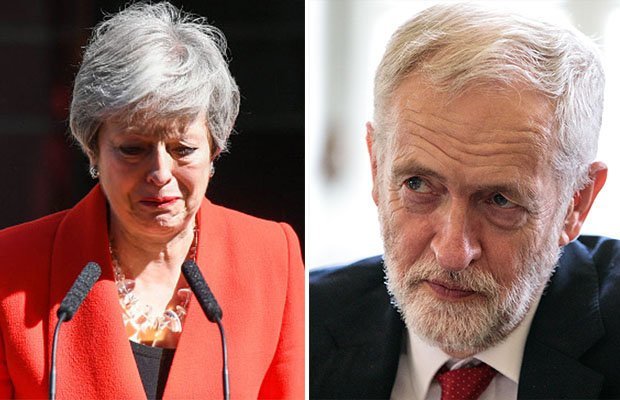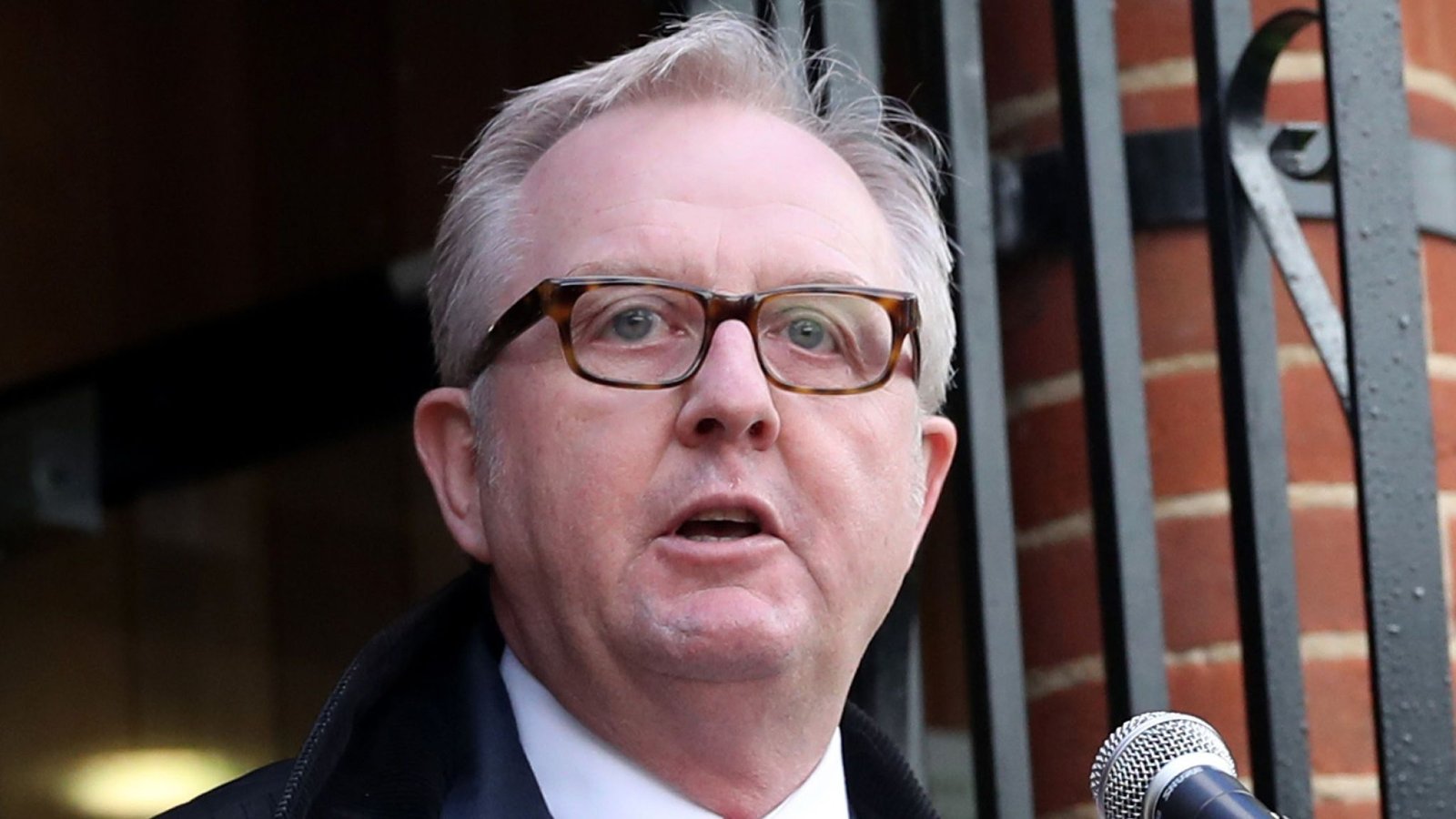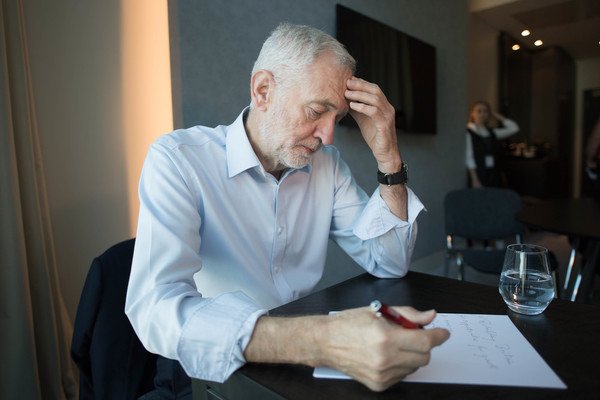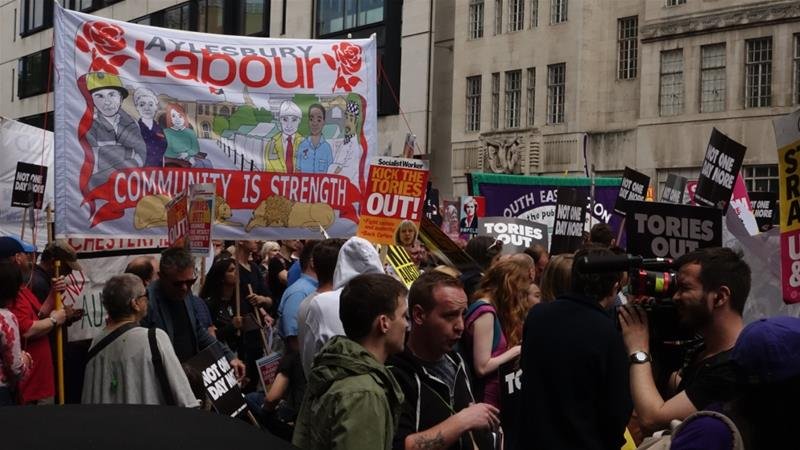The gap between Labour and the Conservatives is narrowing in the final days before the General Election on 8 June, according to the latest polls.
While predictions vary, the surveys agree that the massive majority enjoyed by Theresa May when she first announced the snap election has been slashed.
When the Prime Minister called the election in April, initial noises indicated that Labour could be heading for its worst defeat in decades.
The pollsters’ graphs depicted a Tory landslide and a decimation of Jeremy Corbyn’s party in some of its key heartlands.
But during the seven-week campaign Labour has clawed itself out of the doldrums, narrowing the Conservative lead to the point that some are predicted a hung parliament.
Who is going to win?
The polls still agree that the Conservatives will win the election – but can’t agree on how convincing the victory will be.
The latest YouGov numbers give the Tories a slim four-point lead, predicting 304 seats to Labour’s 266. ICM has a wider gap, predicting an 11-point lead for the Conservatives. But a Survation poll carried out for Good Morning Britain has the two main parties almost level pegging, putting Theresa May’s party just one point ahead of her rivals.
Why did the predictions change?
The Labour manifesto leak in May was hailed as a major embarrassment – but in fact marked the beginning of the party’s change in fortune as their policies won support from the public.
The Conservative manifesto launch on the other hand was a disaster for the party. Plans to make people pay for their social care out of the value of their home proved unpopular, and the PM’s subsequent u-turn on a cap on costs further eroded her popularity.
Theresa May’s failure to turn up to the leaders’ debate did her few favours, and a solid performance from Mr Corbyn provided a push for the opposition and a boost for the Labour leader’s own personal ratings.
Can we trust the polls?
There’s no denying that the pollsters have got it wrong in the past, with trusted sources failing to predict Brexit, Trump’s victory or the Conservative majority in 2015.
But these failures have lead to tough scrutiny, and work has gone into correcting the failures that swayed previous estimates in the wrong direction. And in this election campaign, pollsters have pointed out their own margins of error and explained their methodology publicly.








